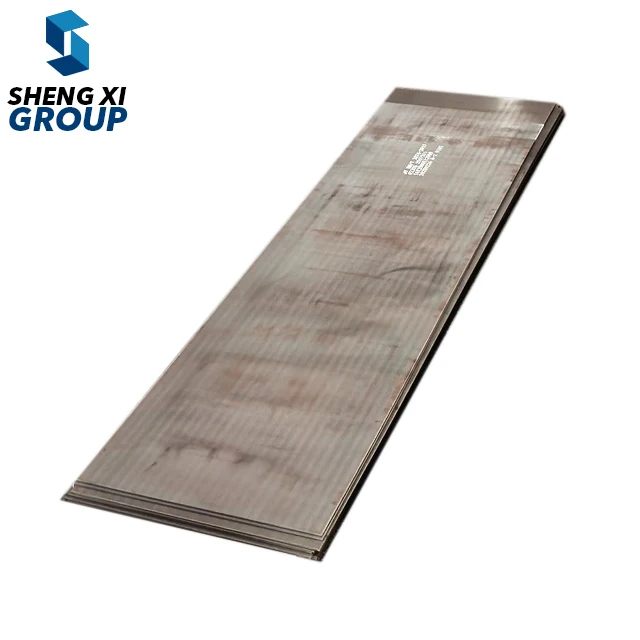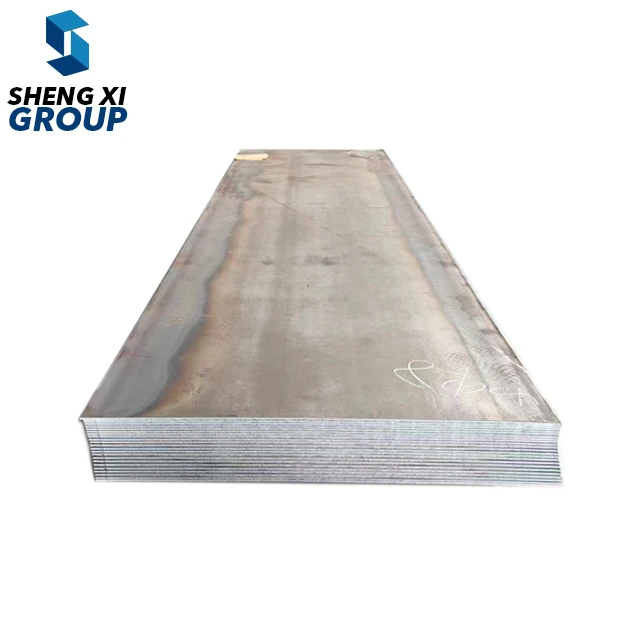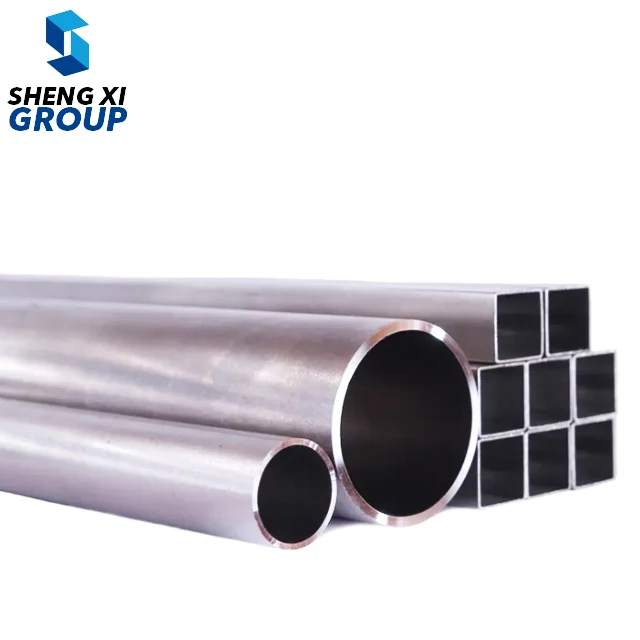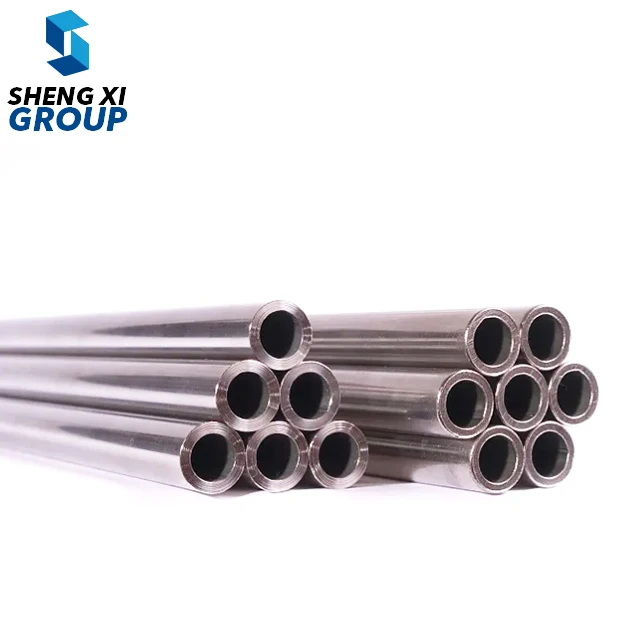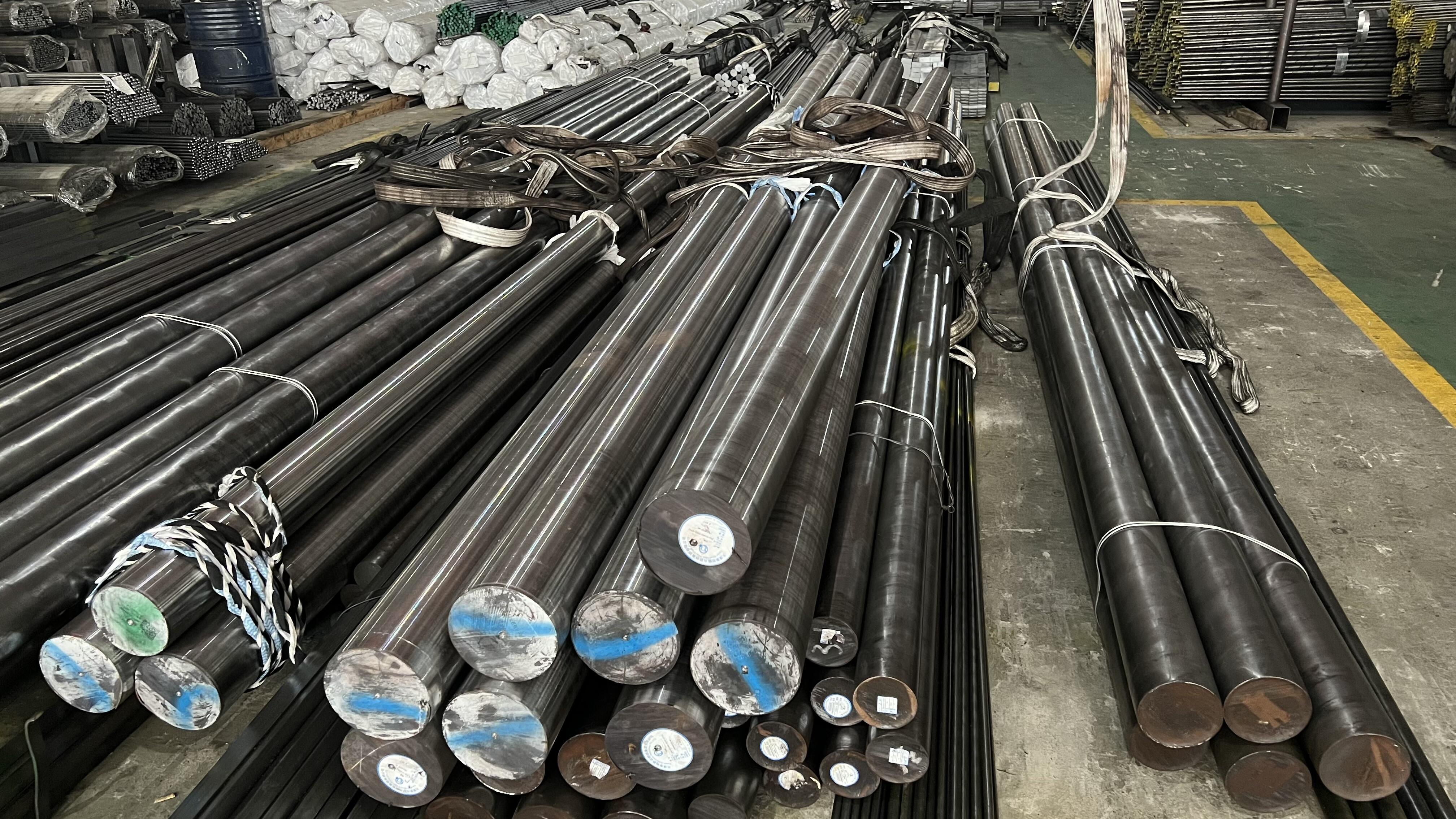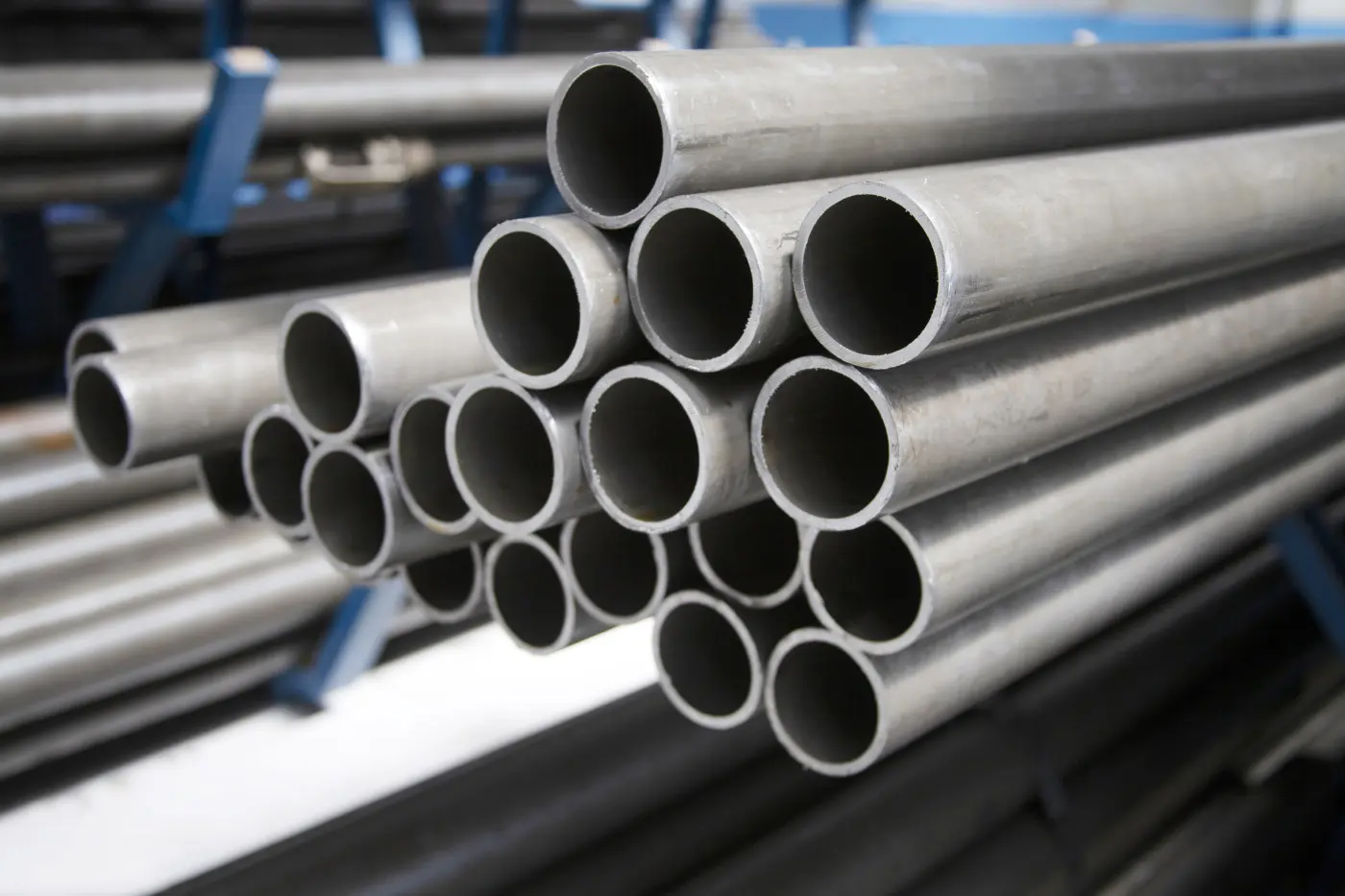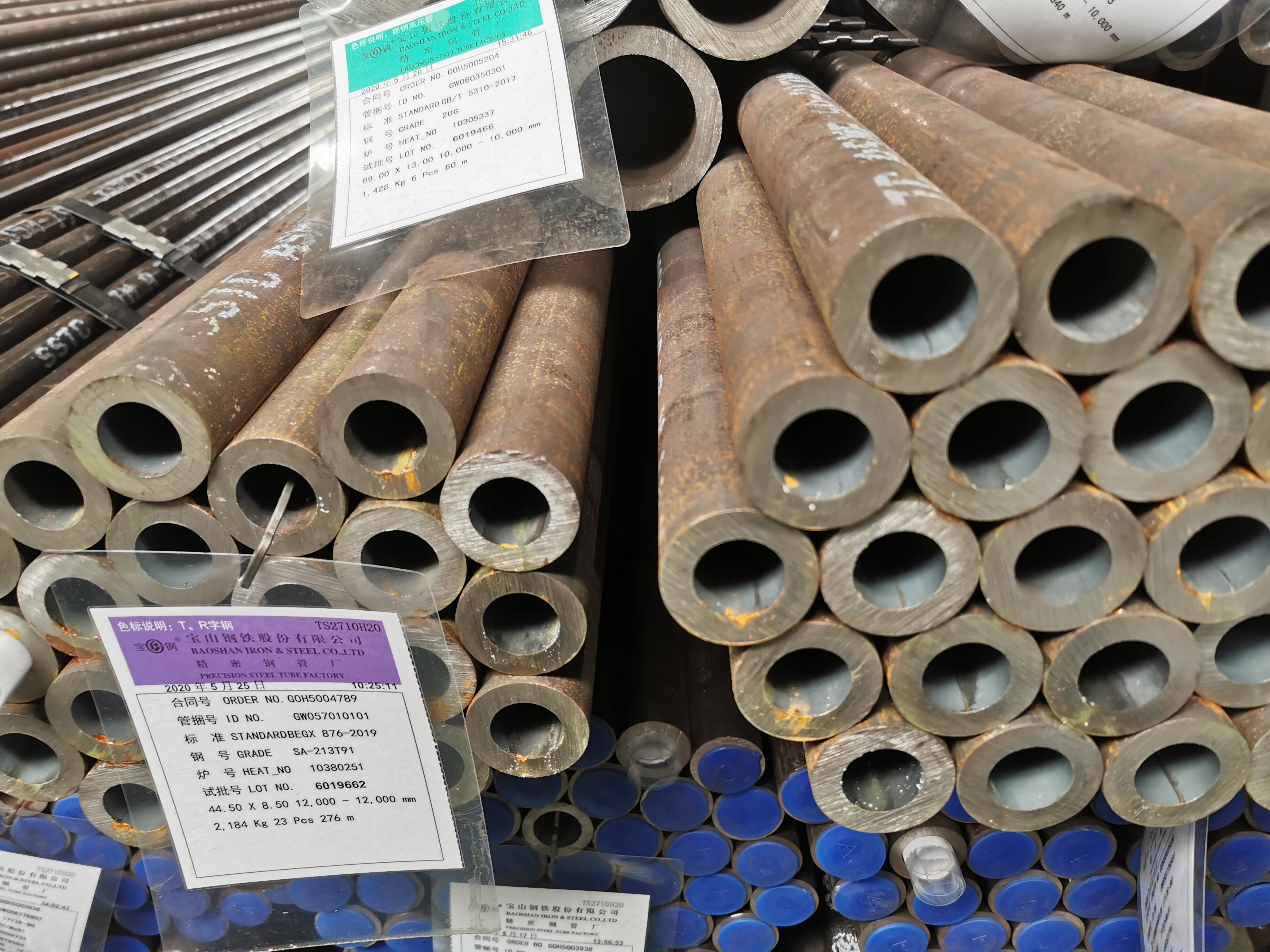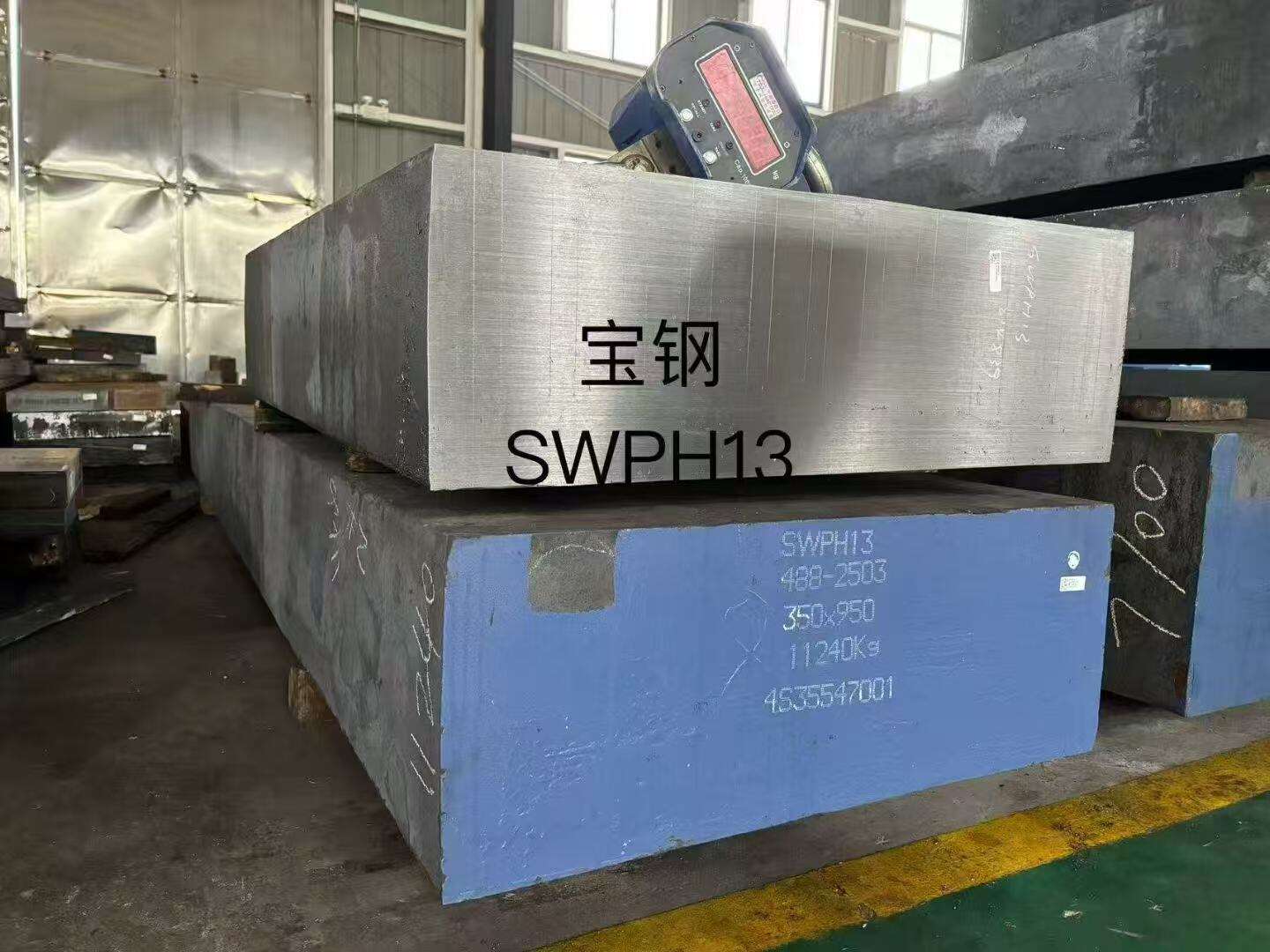4140 tool steel
4140 tool steel stands as one of the most versatile and reliable chromium-molybdenum alloy steels in modern manufacturing and industrial applications. This medium-carbon steel contains approximately 0.38-0.43% carbon, 0.75-1.00% chromium, and 0.15-0.25% molybdenum, creating a balanced composition that delivers exceptional performance across diverse operational environments. The steel's unique chemical makeup enables it to achieve superior hardenability while maintaining excellent machinability in its annealed condition. 4140 tool steel demonstrates remarkable strength-to-weight ratios, making it an ideal choice for components requiring both durability and precision engineering. Its technological features include enhanced toughness through controlled heat treatment processes, allowing manufacturers to achieve desired hardness levels ranging from 28-32 HRC in the normalized condition to 54-59 HRC after proper quenching and tempering. The steel exhibits excellent response to heat treatment, enabling customization of mechanical properties to meet specific application requirements. 4140 tool steel maintains dimensional stability during thermal processing, reducing the risk of warping or distortion in critical components. Its fine grain structure contributes to superior surface finish capabilities and enhanced fatigue resistance under cyclic loading conditions. The material's inherent corrosion resistance, while moderate, provides adequate protection in standard atmospheric conditions. Applications for 4140 tool steel span multiple industries, including automotive manufacturing for crankshafts, axles, and gears, aerospace components requiring high strength-to-weight ratios, oil and gas drilling equipment, construction machinery parts, and precision tooling applications. The steel's versatility extends to agricultural equipment, where its combination of toughness and wear resistance proves invaluable for implements and machinery components subjected to harsh operating conditions.

